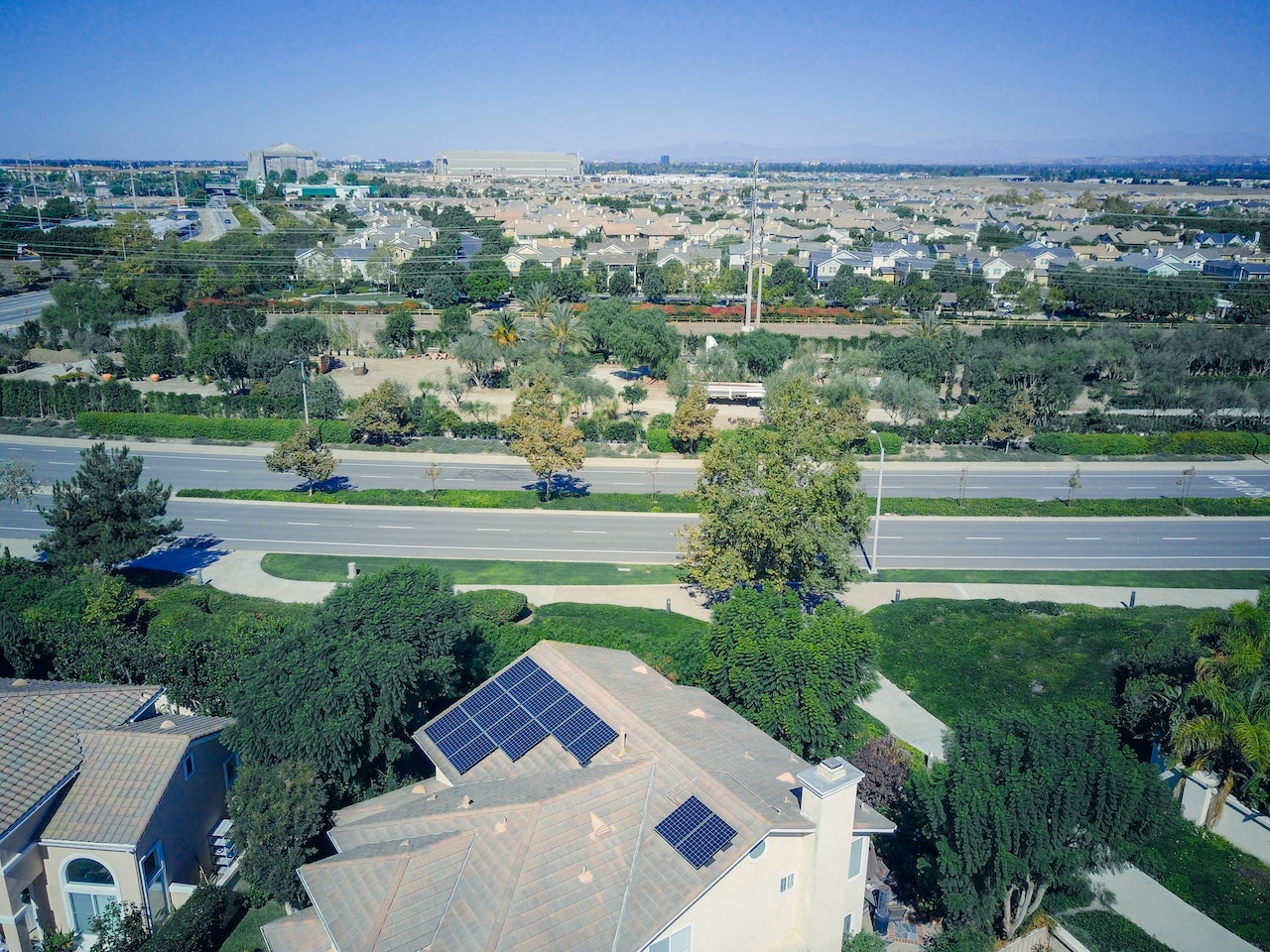Solar power has gained significant attention as a clean and renewable energy source with the potential to reduce our reliance on fossil fuels and combat climate change. However, it’s essential to examine the environmental impact of solar power to gain a comprehensive understanding of its benefits and challenges. In this article, we will explore how solar power affects the environment, both positively and negatively.
Also read: Solar Energy in Spain: A Bright Future
Positive Environmental Impacts
- Reduction in Greenhouse Gas Emissions: One of the most significant benefits of solar power is its ability to generate electricity without producing greenhouse gases, such as carbon dioxide (CO2), that contribute to climate change. By replacing fossil fuels with solar power, we can reduce our carbon footprint and mitigate the effects of global warming.
- Decreased Air Pollution: Solar power generation does not emit harmful pollutants like sulfur dioxide (SO2), nitrogen oxides (NOx), and particulate matter (PM) commonly associated with burning fossil fuels. These pollutants can have severe consequences for both human health and the environment, including respiratory problems, smog, and acid rain.
- Conserving Water Resources: Solar photovoltaic (PV) systems require little to no water to produce electricity, in contrast to conventional power plants that rely on vast amounts of water for cooling and steam production. By adopting solar power, we can conserve water resources and reduce the stress on water-dependent ecosystems.
- Energy Independence and Security: Solar power allows countries to generate their own electricity, reducing their dependence on imported fossil fuels. This energy independence contributes to greater energy security, economic stability, and a reduced risk of geopolitical conflicts over energy resources.
Challenges and Potential Negative Impacts
- Land Use and Habitat Disruption: Large-scale solar power installations, such as solar farms, require significant land areas, which can lead to habitat disruption and the displacement of local flora and fauna. However, this impact can be minimized by utilizing previously disturbed or degraded lands, such as brownfields, landfills, or rooftops, for solar installations.
- Resource Consumption and Waste Generation: The production of solar panels requires raw materials, such as silicon, aluminum, and rare earth elements. The extraction and processing of these materials can have environmental consequences, including habitat destruction, water pollution, and energy consumption. Additionally, solar panels have a finite lifespan (typically 25-30 years), which means that waste management and recycling of end-of-life panels must be considered.
- Energy Payback Time: Solar panels require energy to manufacture, transport, and install. The energy payback time (EPBT) is the time it takes for a solar panel to generate the amount of energy that was used to produce it. While the EPBT for solar panels has decreased significantly over the years and is now typically between 1-4 years, it is still a factor to consider when evaluating the overall environmental impact of solar power.
- Intermittency and Energy Storage: Solar power generation is dependent on sunlight, which can be intermittent due to weather conditions and daily solar cycles. This intermittency requires the development of efficient energy storage solutions and grid management systems to ensure a stable and reliable power supply, which can have additional environmental implications.
Conclusion
Solar power offers numerous environmental benefits, such as reduced greenhouse gas emissions and decreased air pollution. However, it is crucial to address the challenges and potential negative impacts, such as land use and resource consumption, to minimize the environmental footprint of solar power. By focusing on responsible solar power development, including responsible siting, efficient resource utilization, and effective waste management, we can harness the sun’s energy while minimizing the environmental impact and promoting a cleaner, more sustainable future.
Unlock the Power of the Sun: Get a Free Solar Panel Quote Today!
Are you ready to harness the sun’s energy and save on your electricity bills? It’s time to go solar! Request a FREE, no-obligation solar panel quote today and discover how much you can save. Our solar experts will analyze your energy needs, customize a solar system tailored to your home, and provide you with an accurate estimate of your potential savings. Make the switch to clean, renewable energy now! Get your free quote today by using the contact for below! ☀️💡🌎


